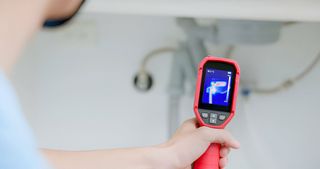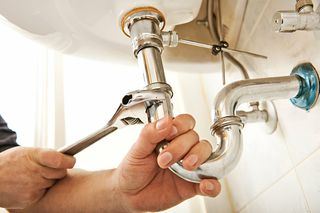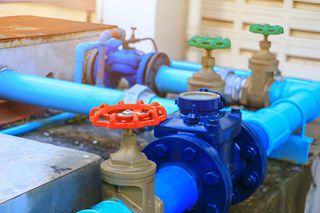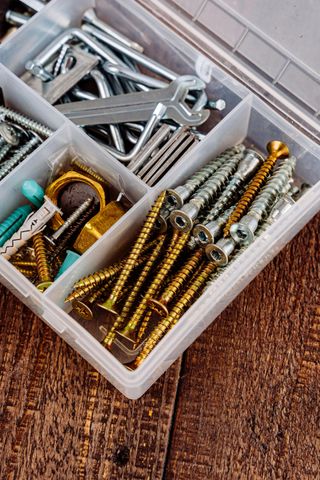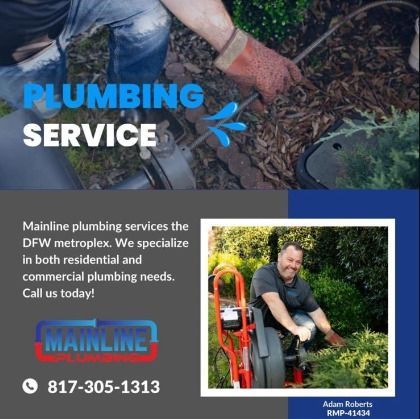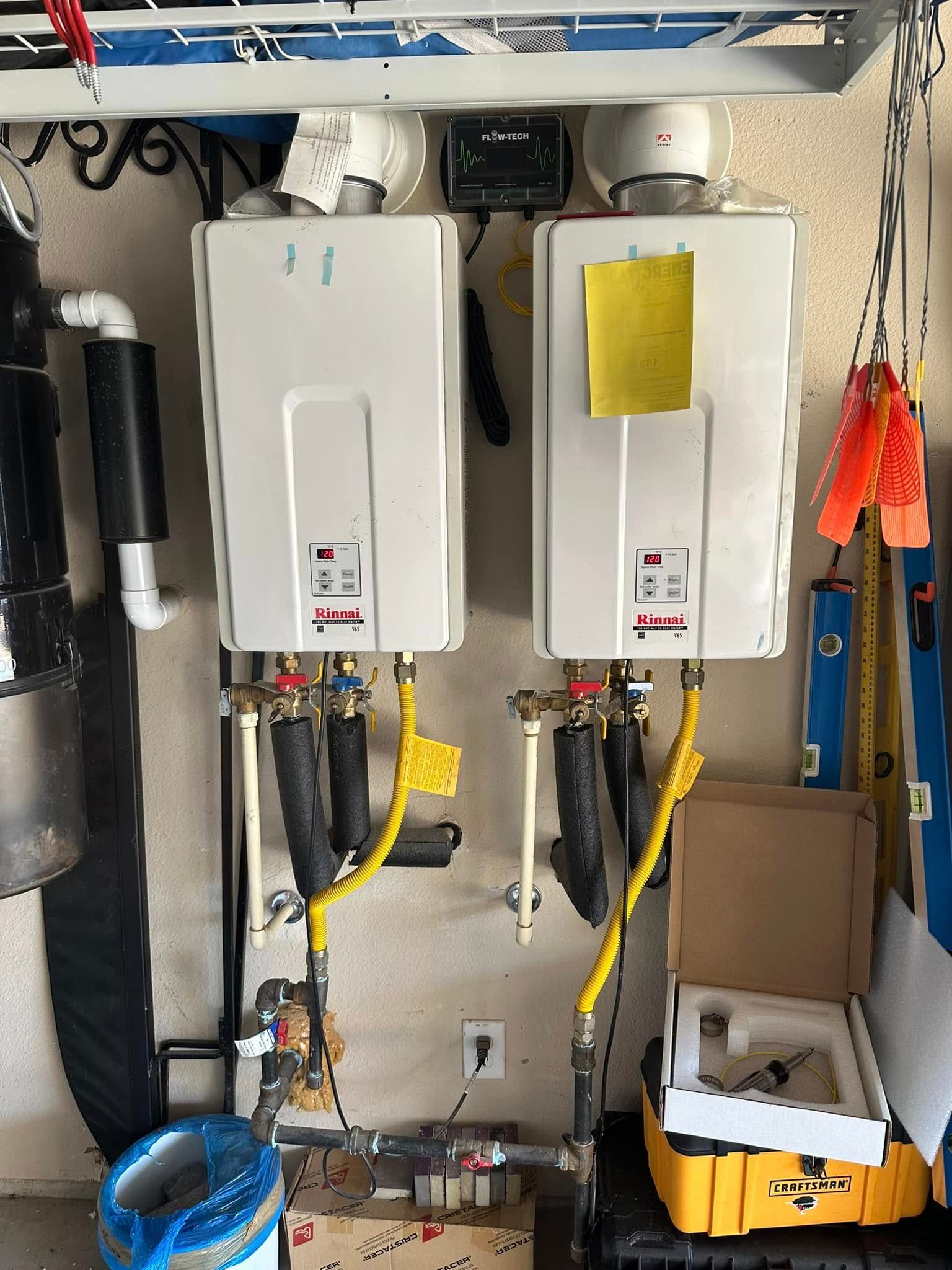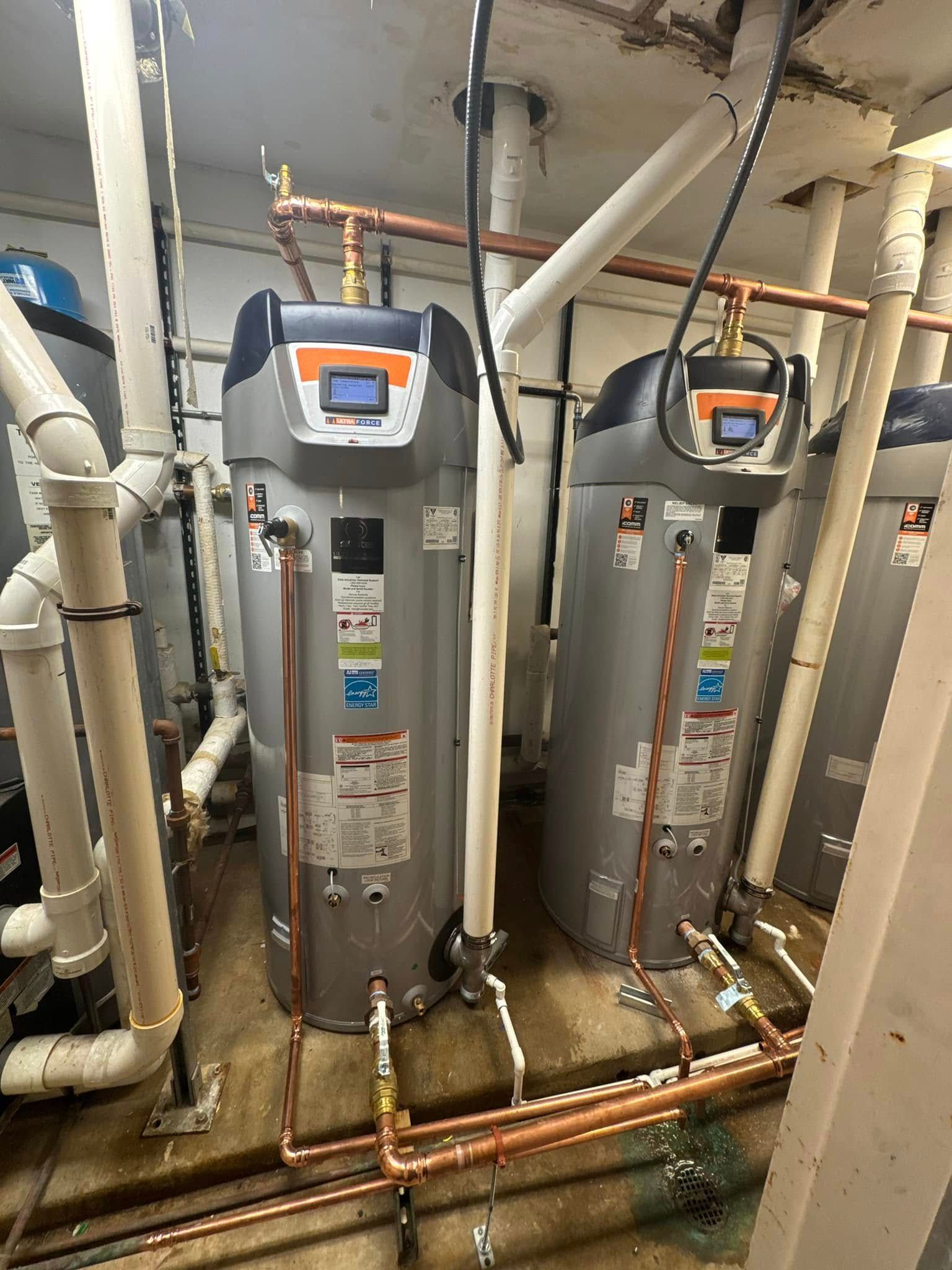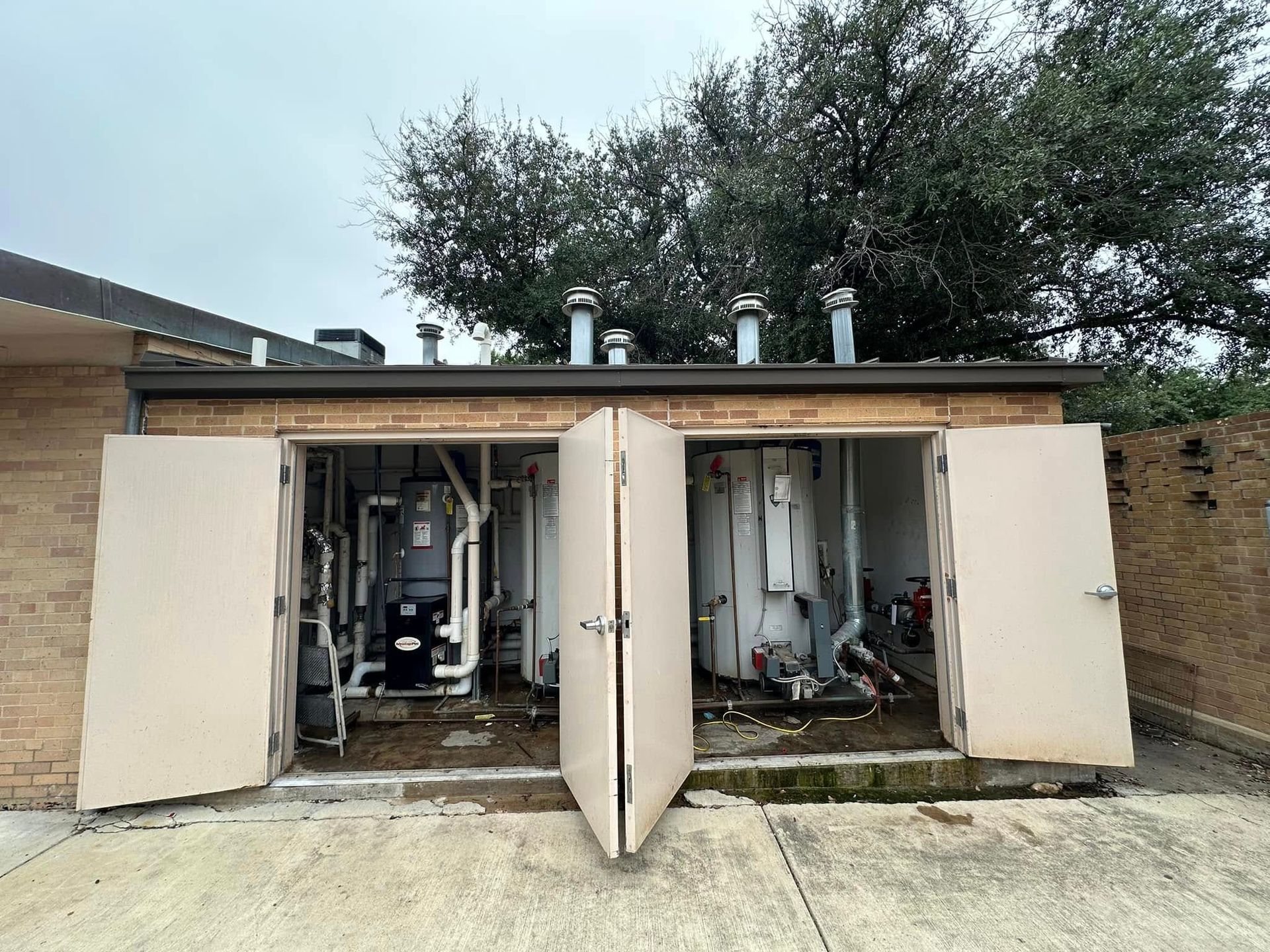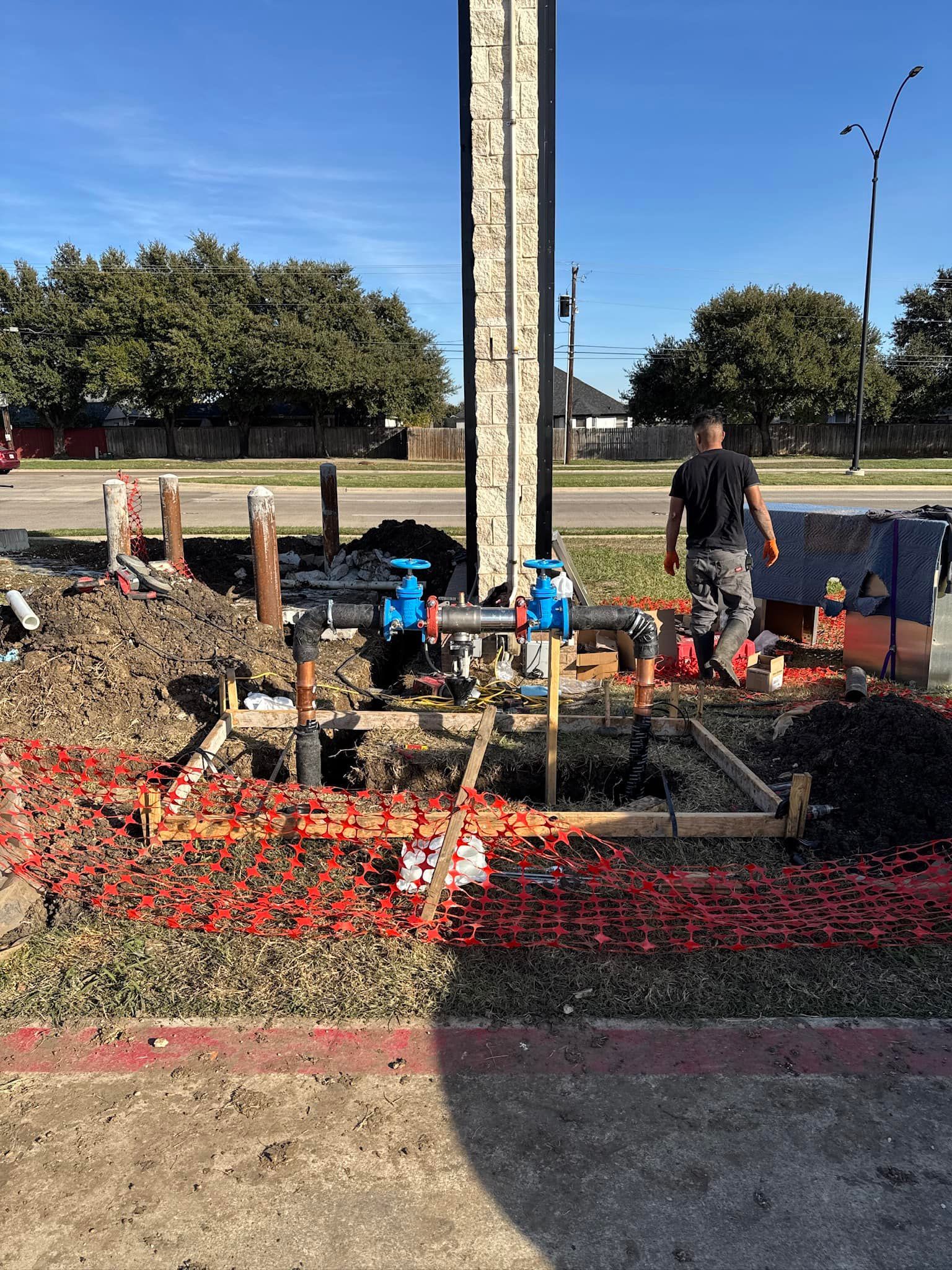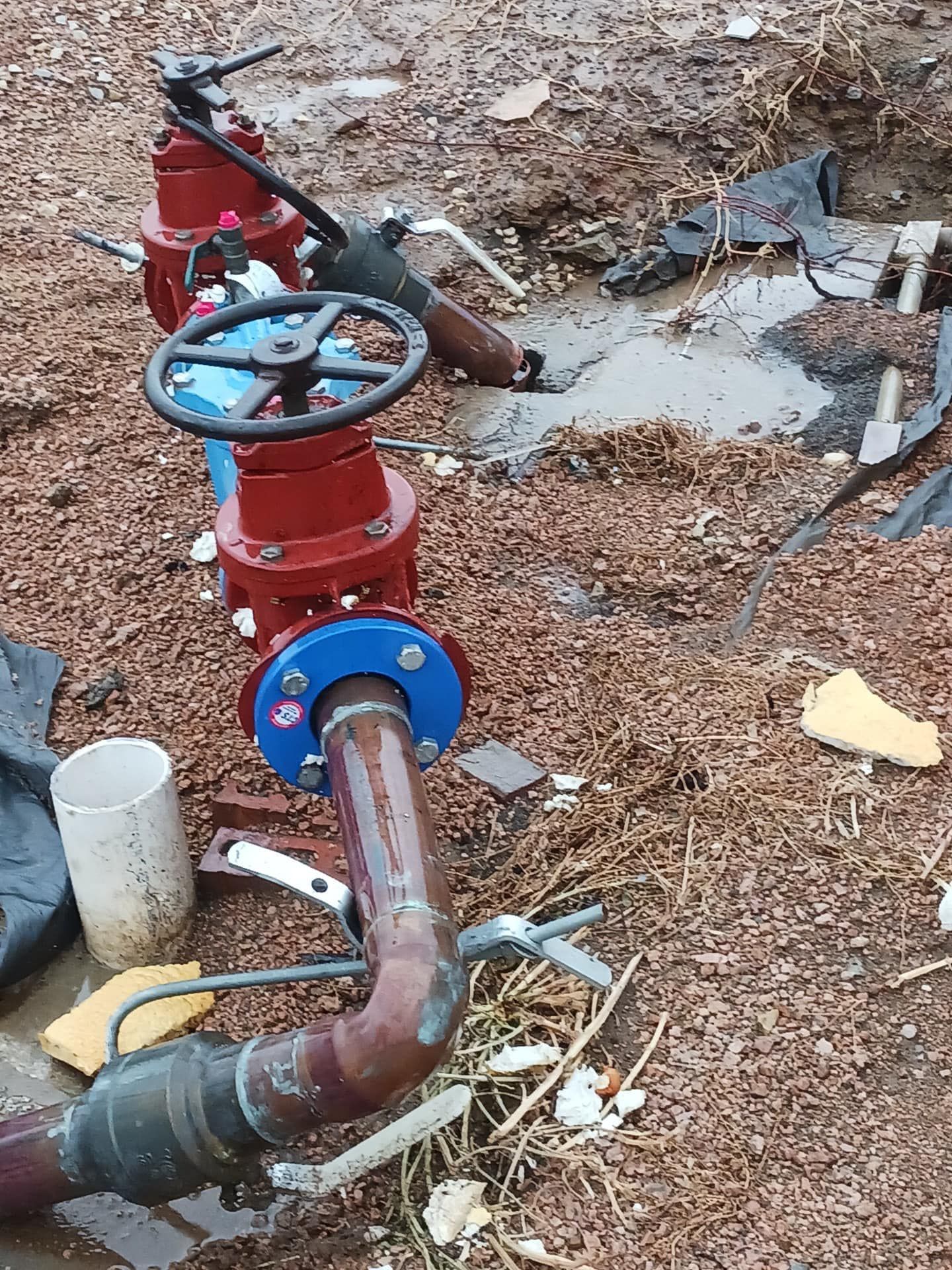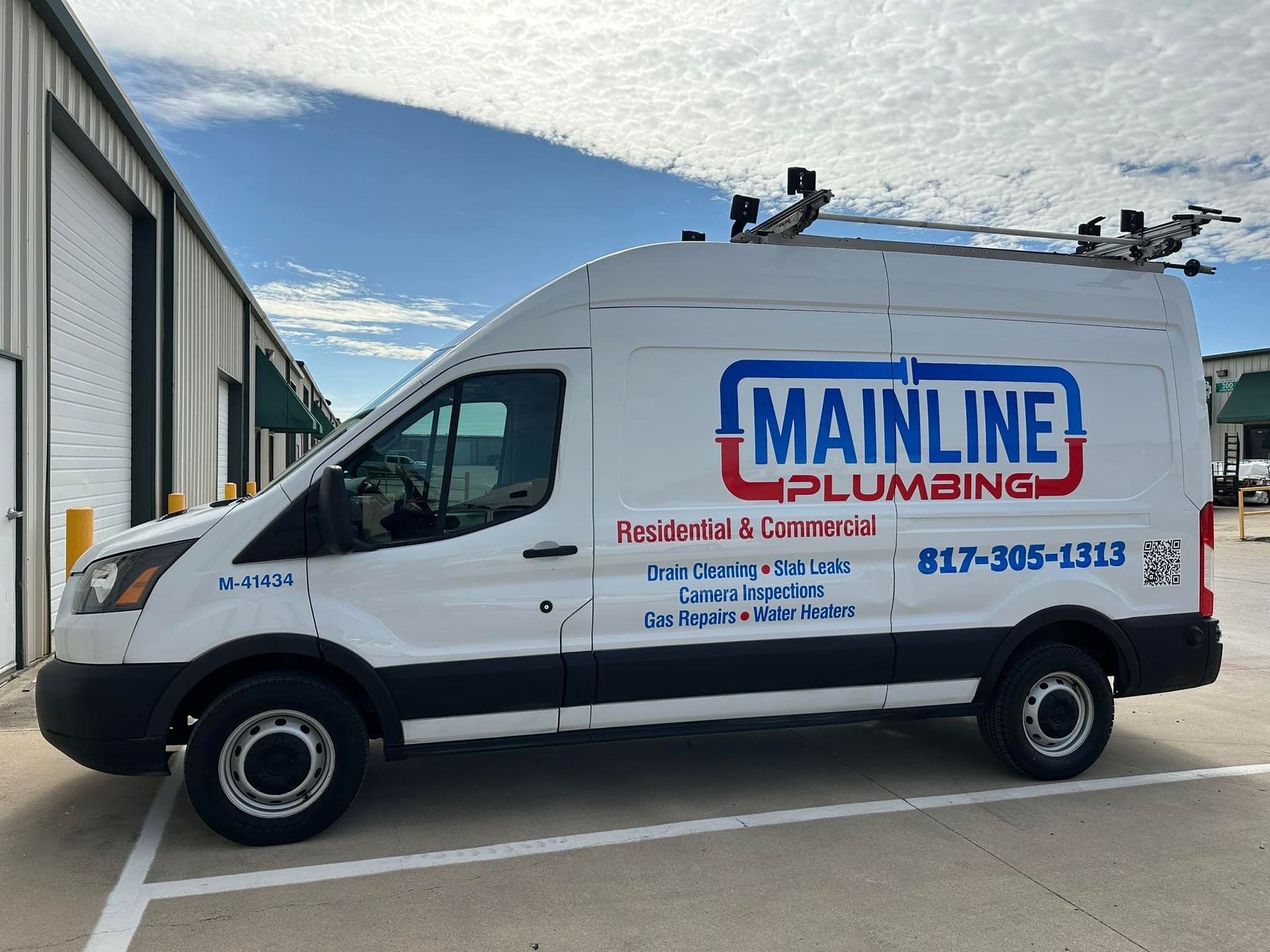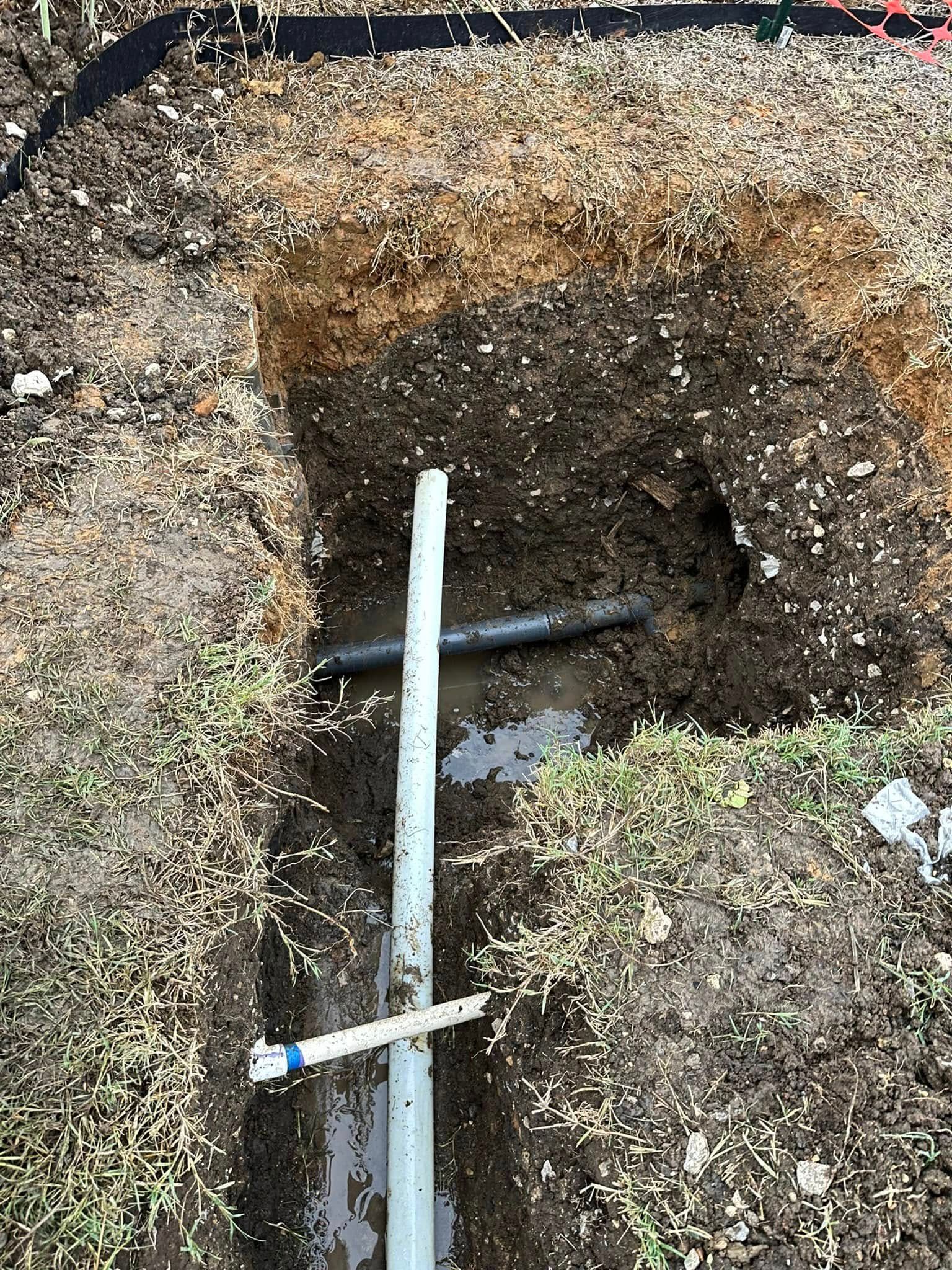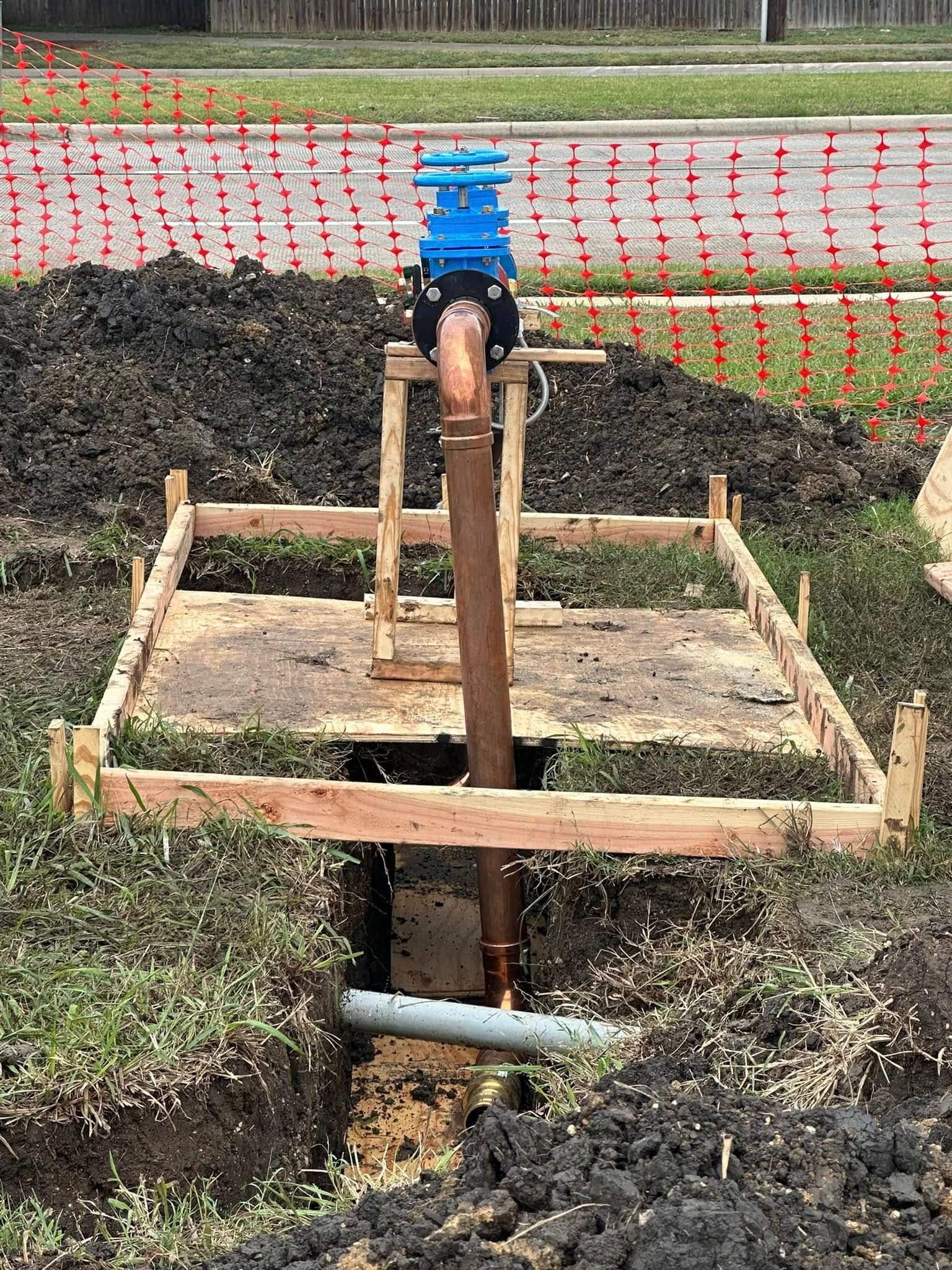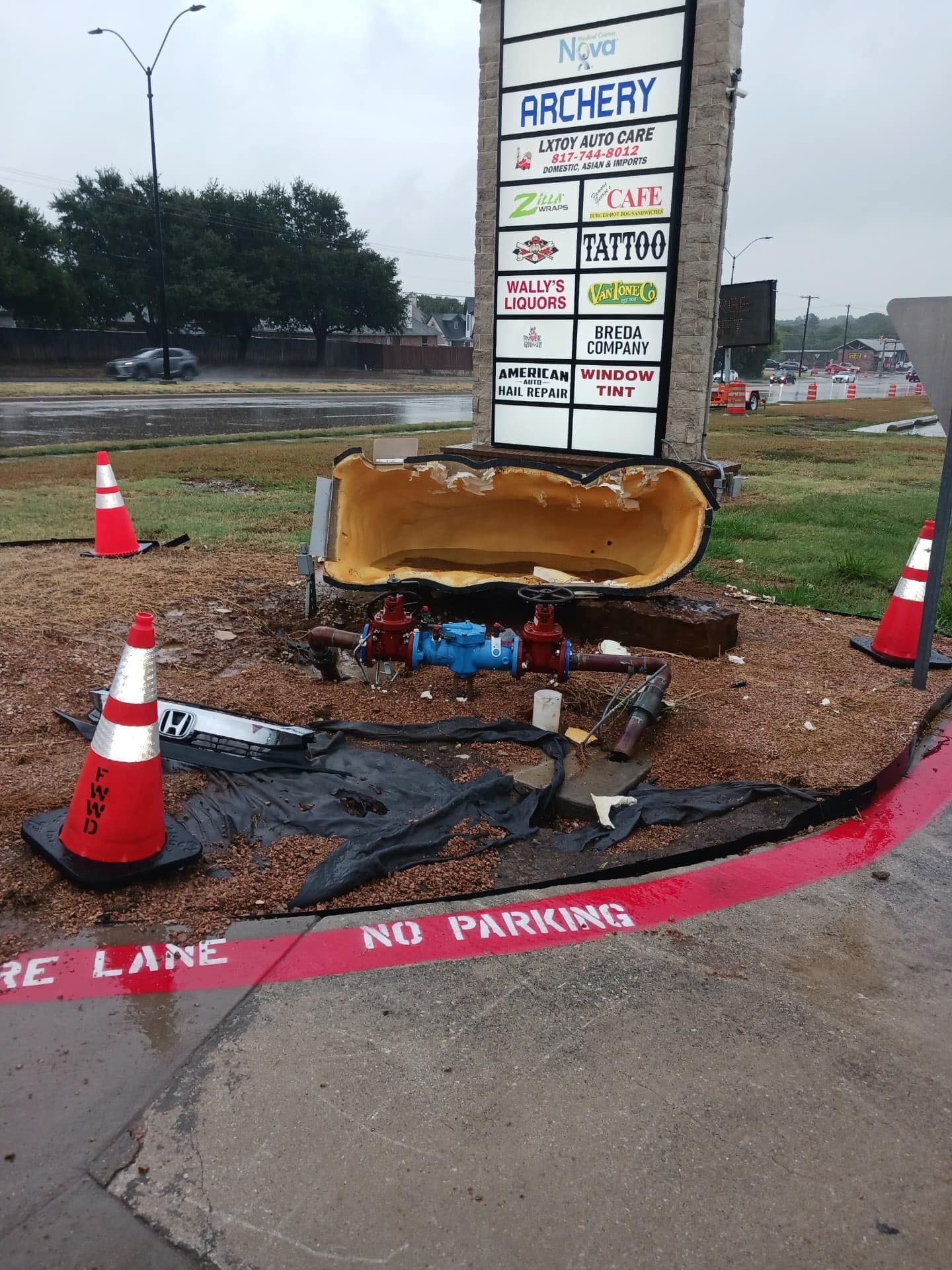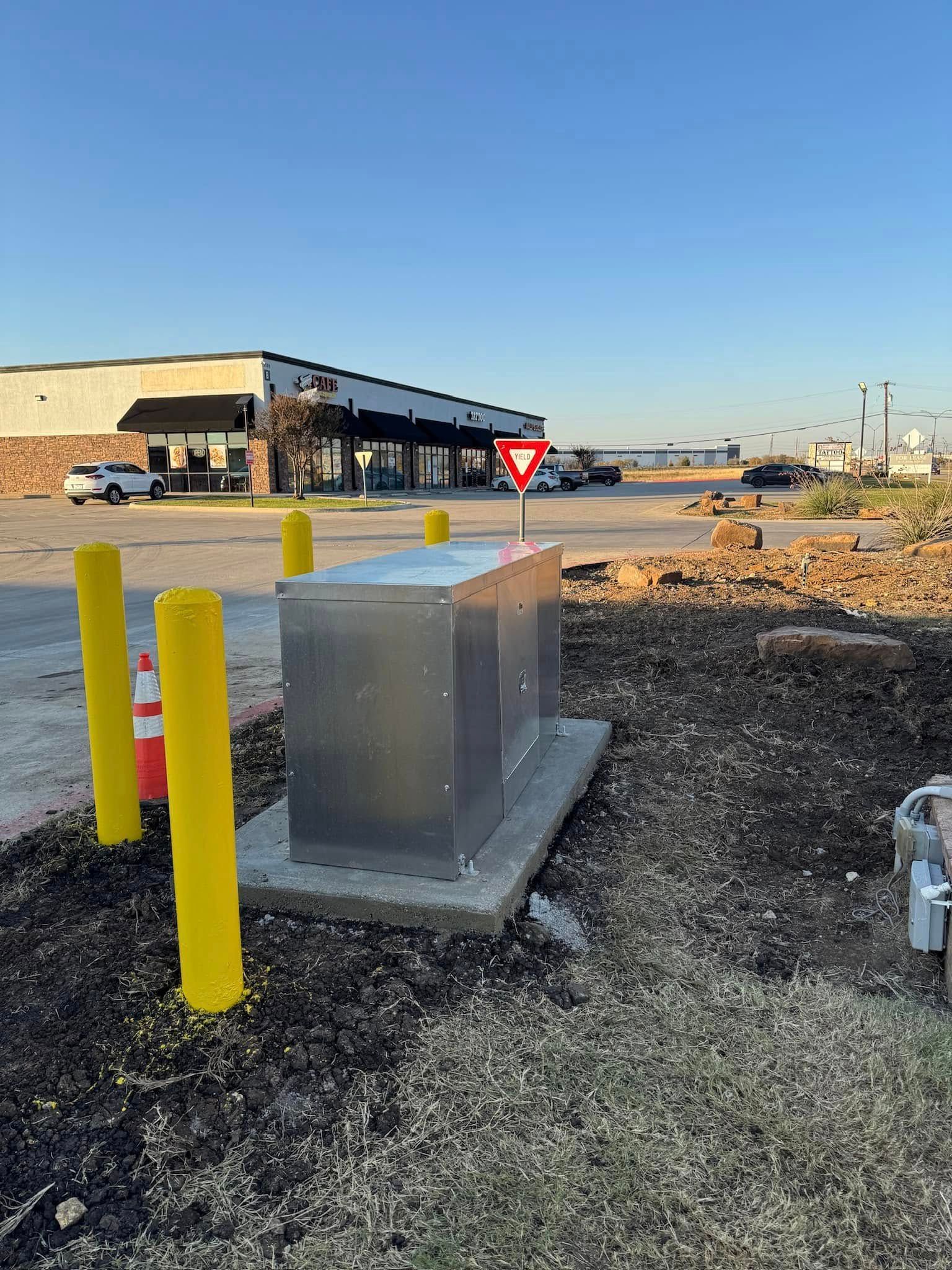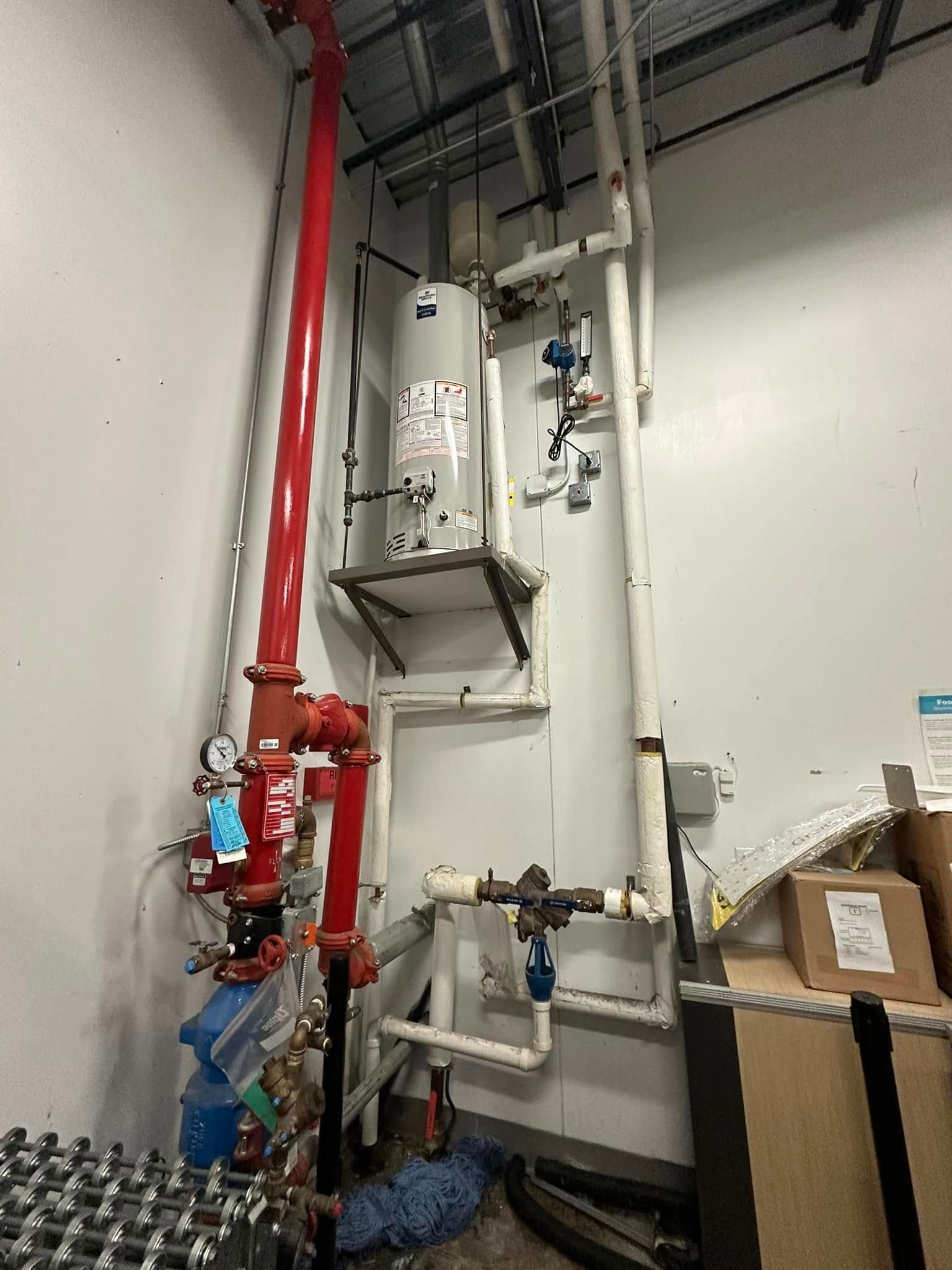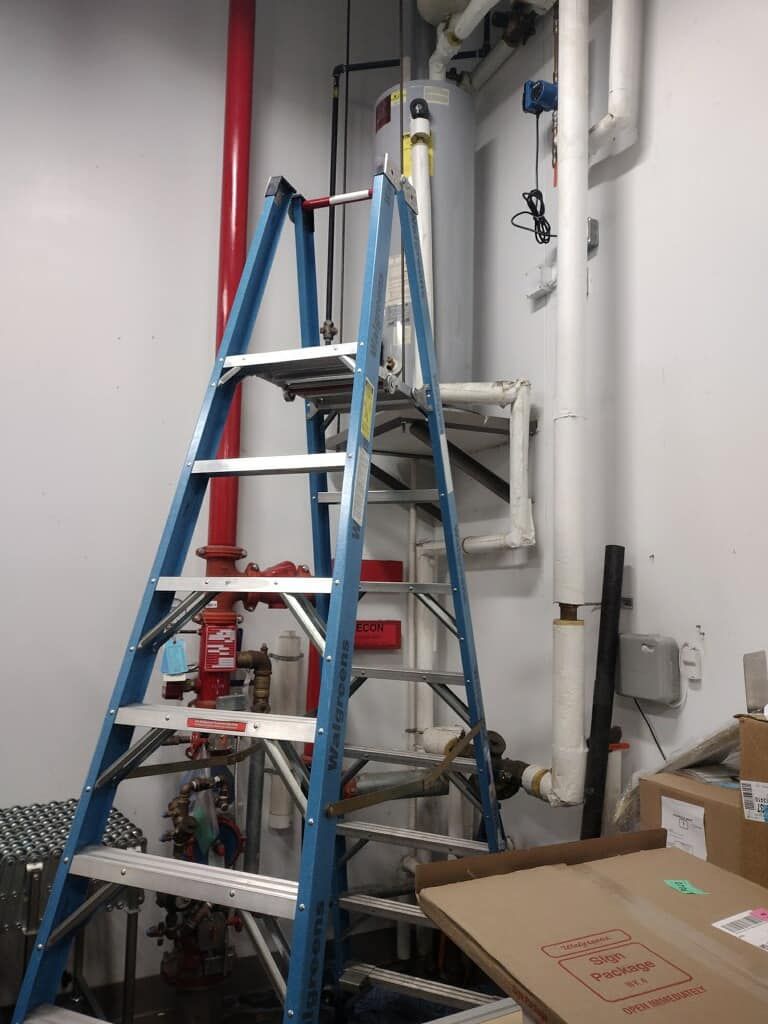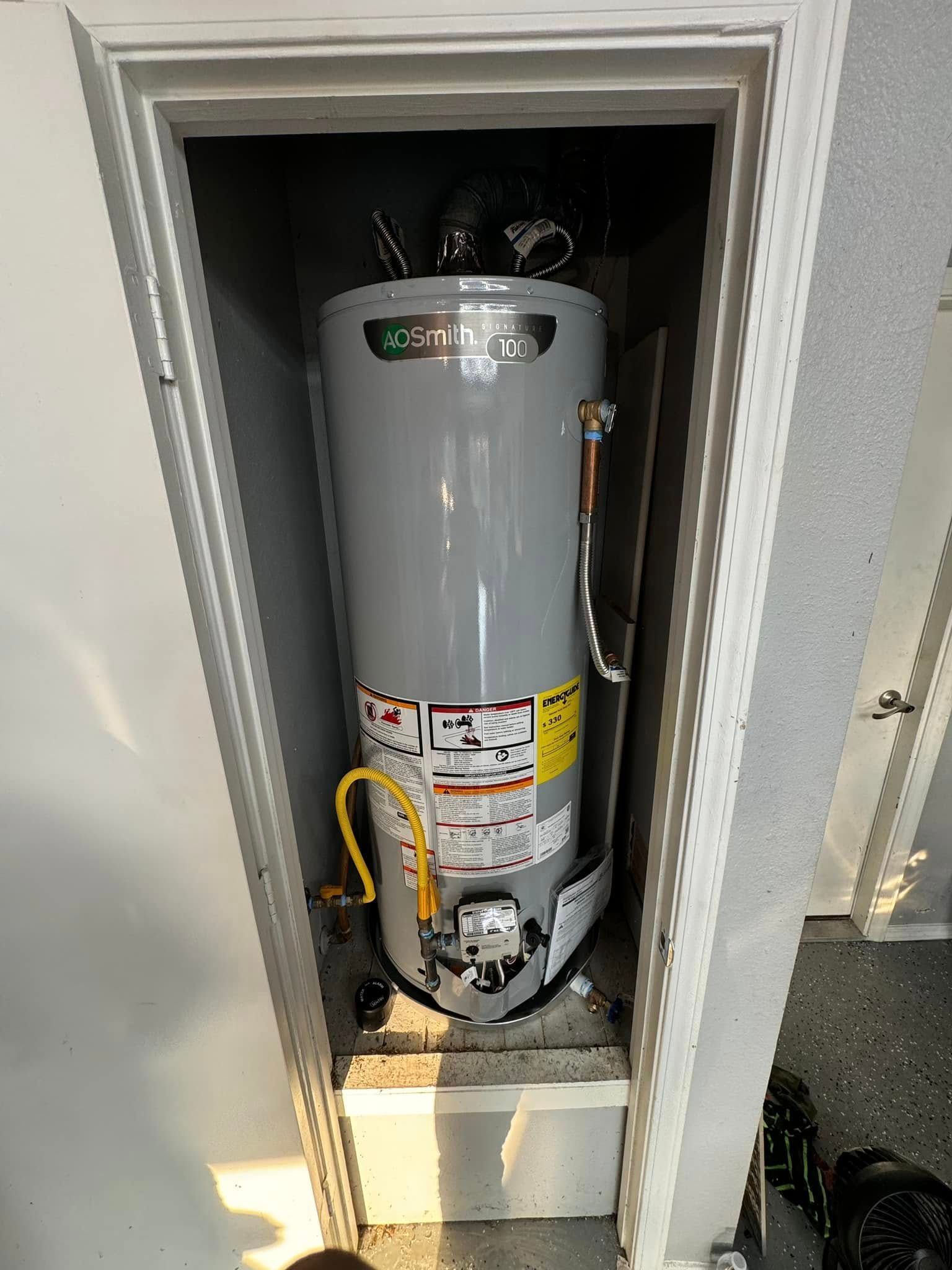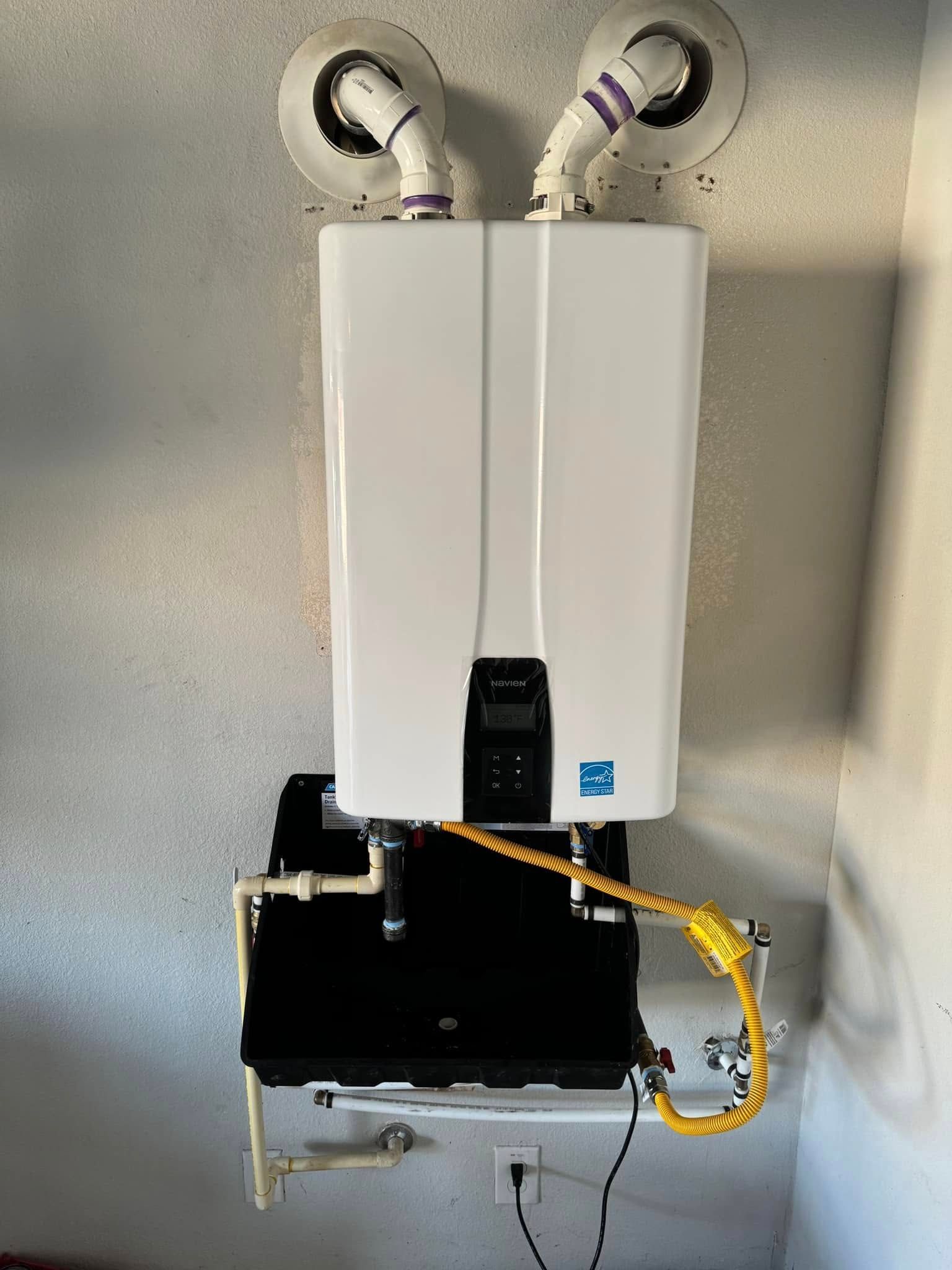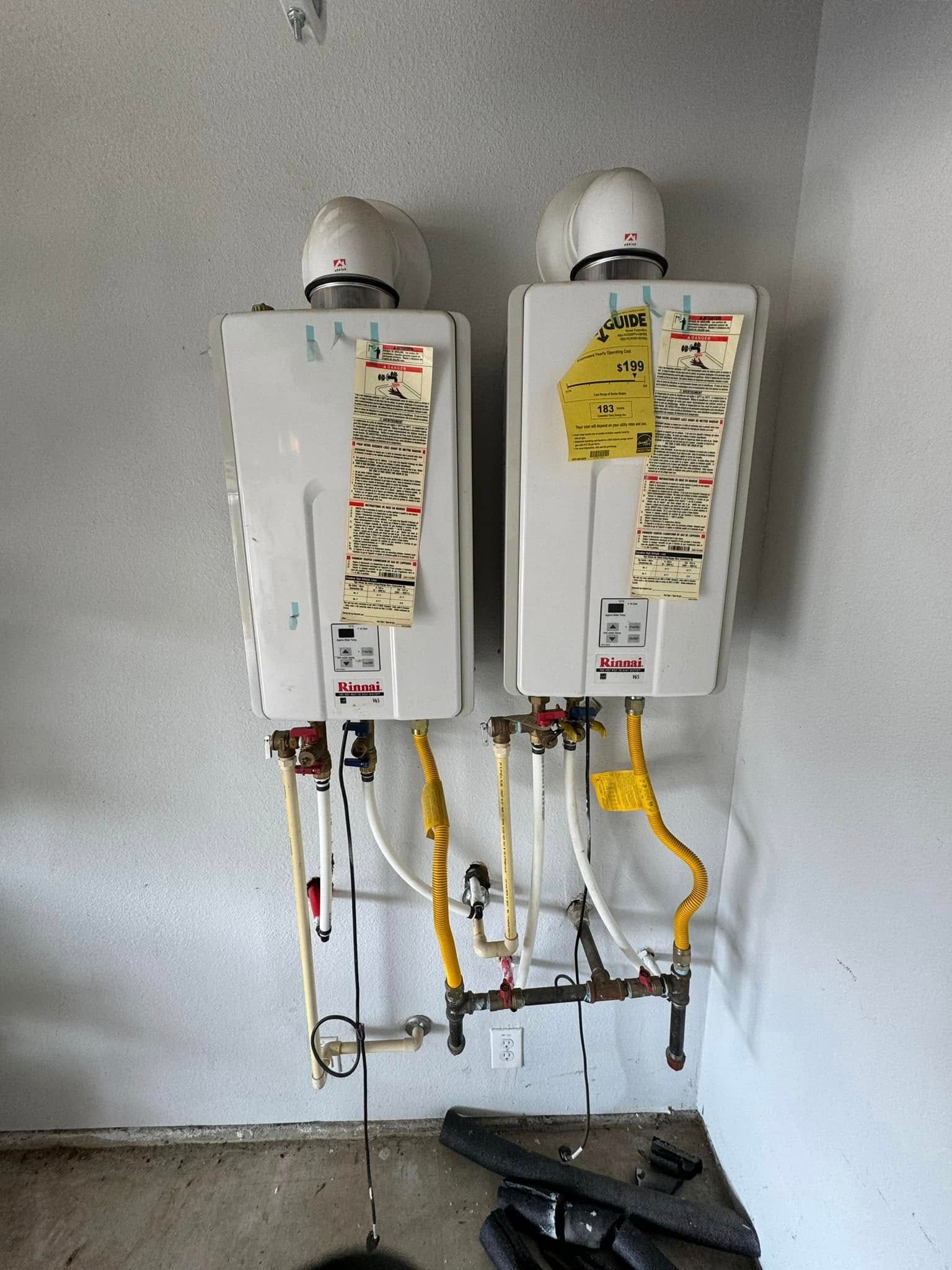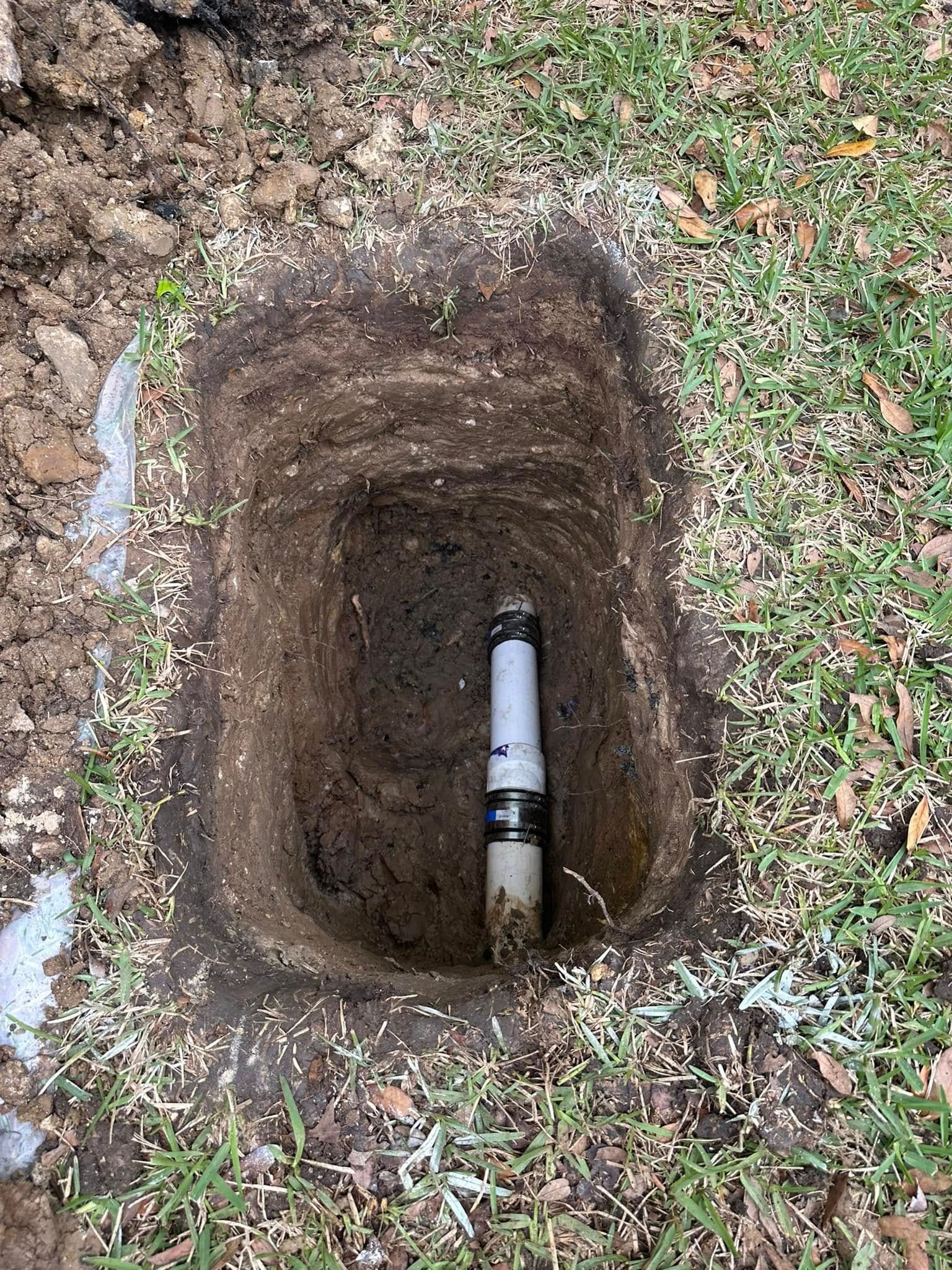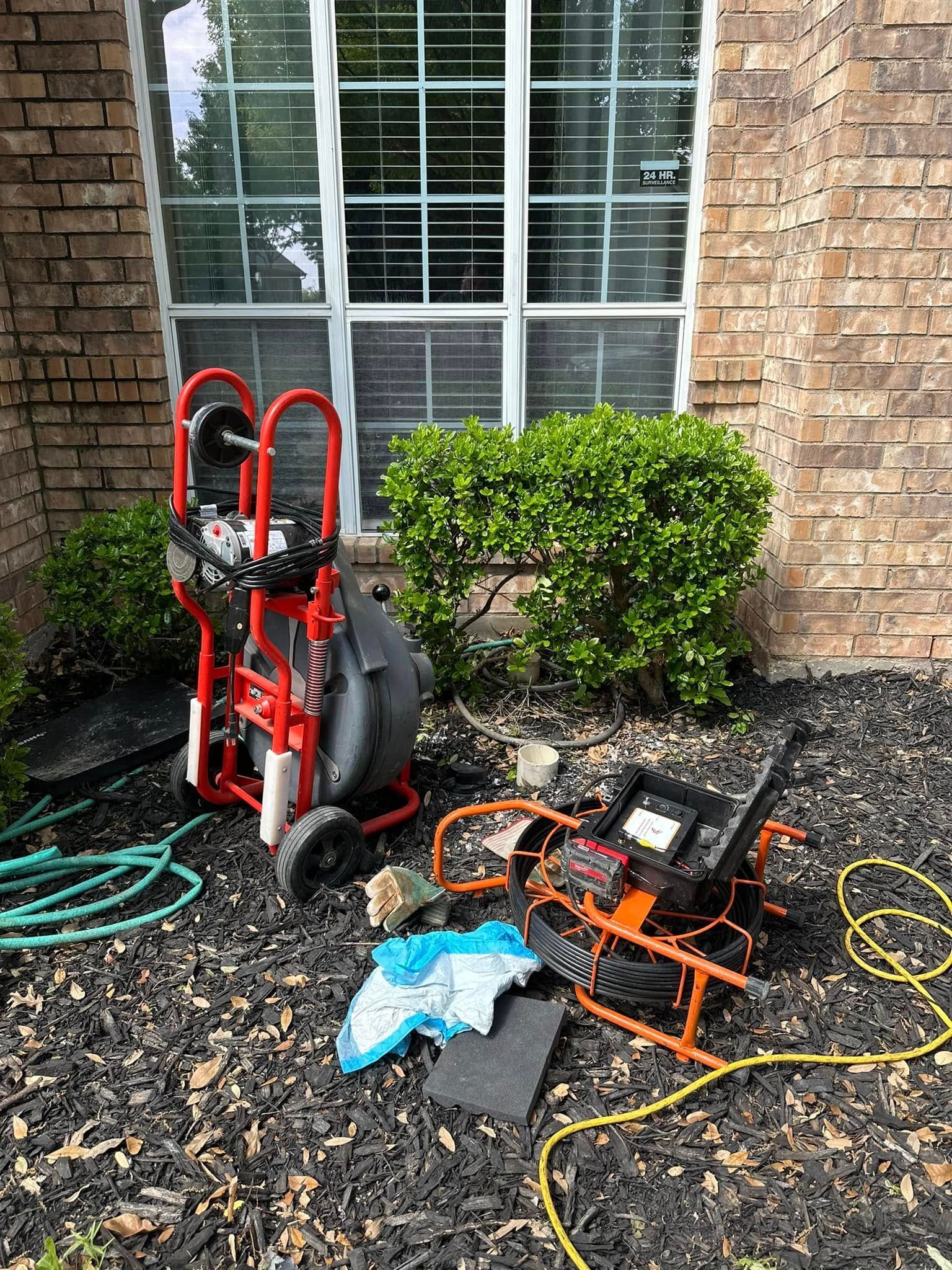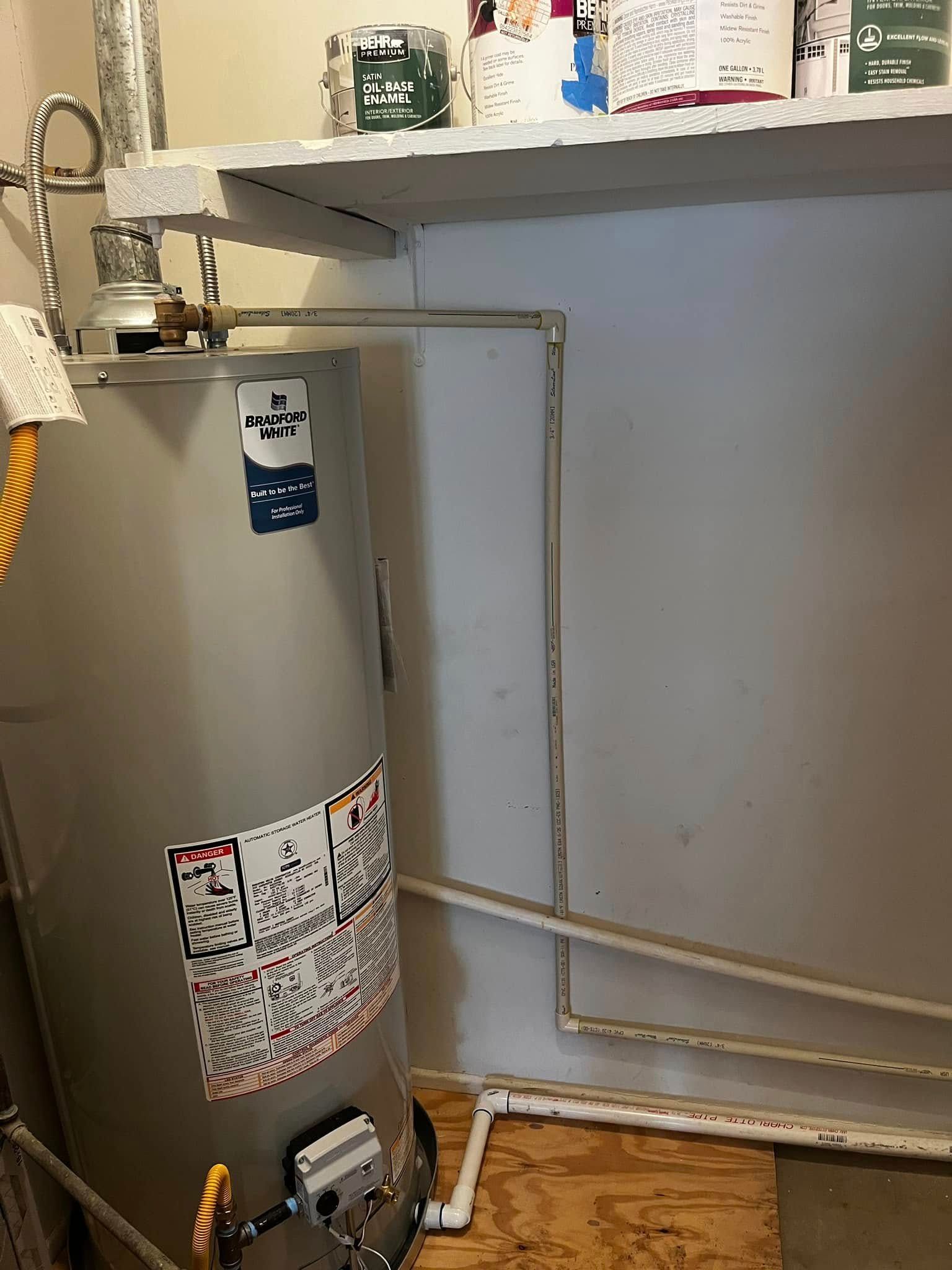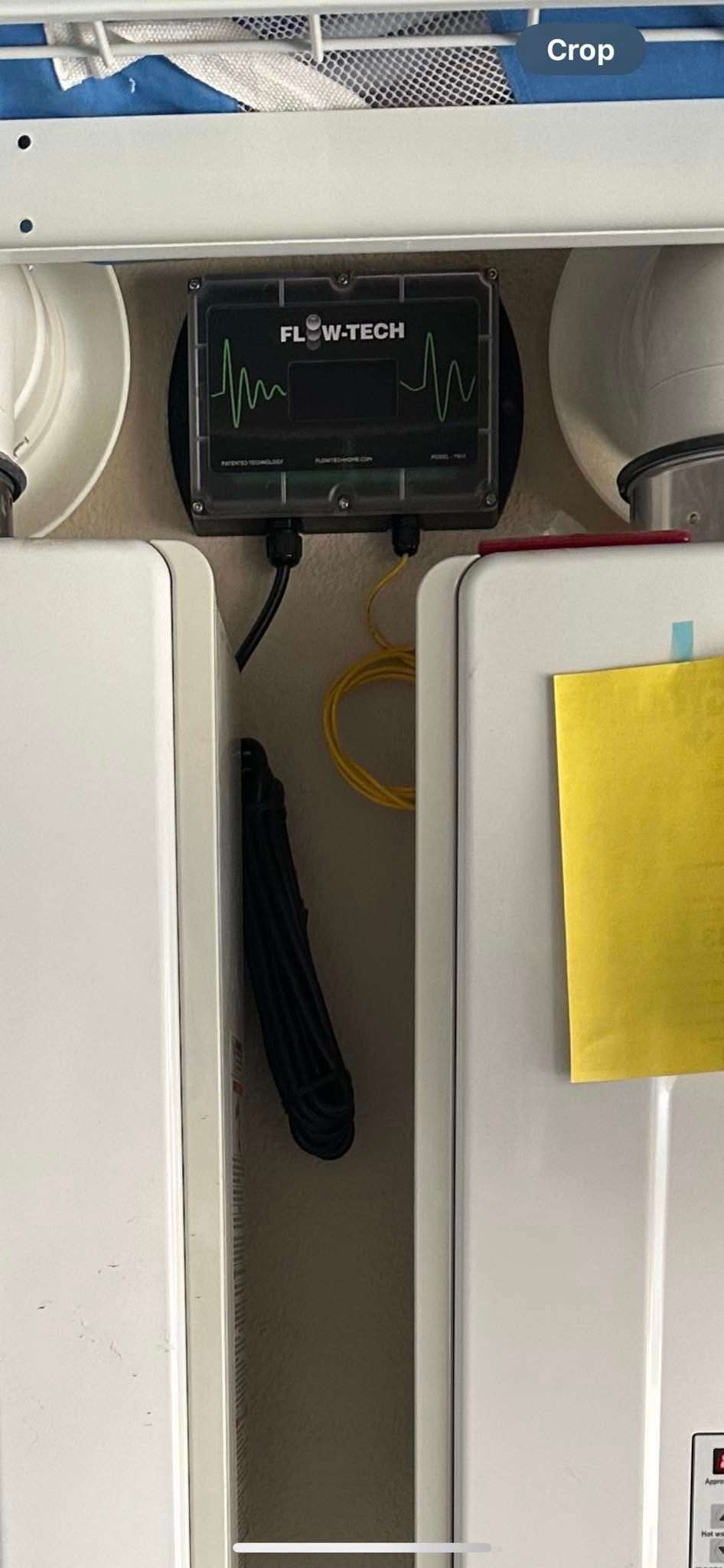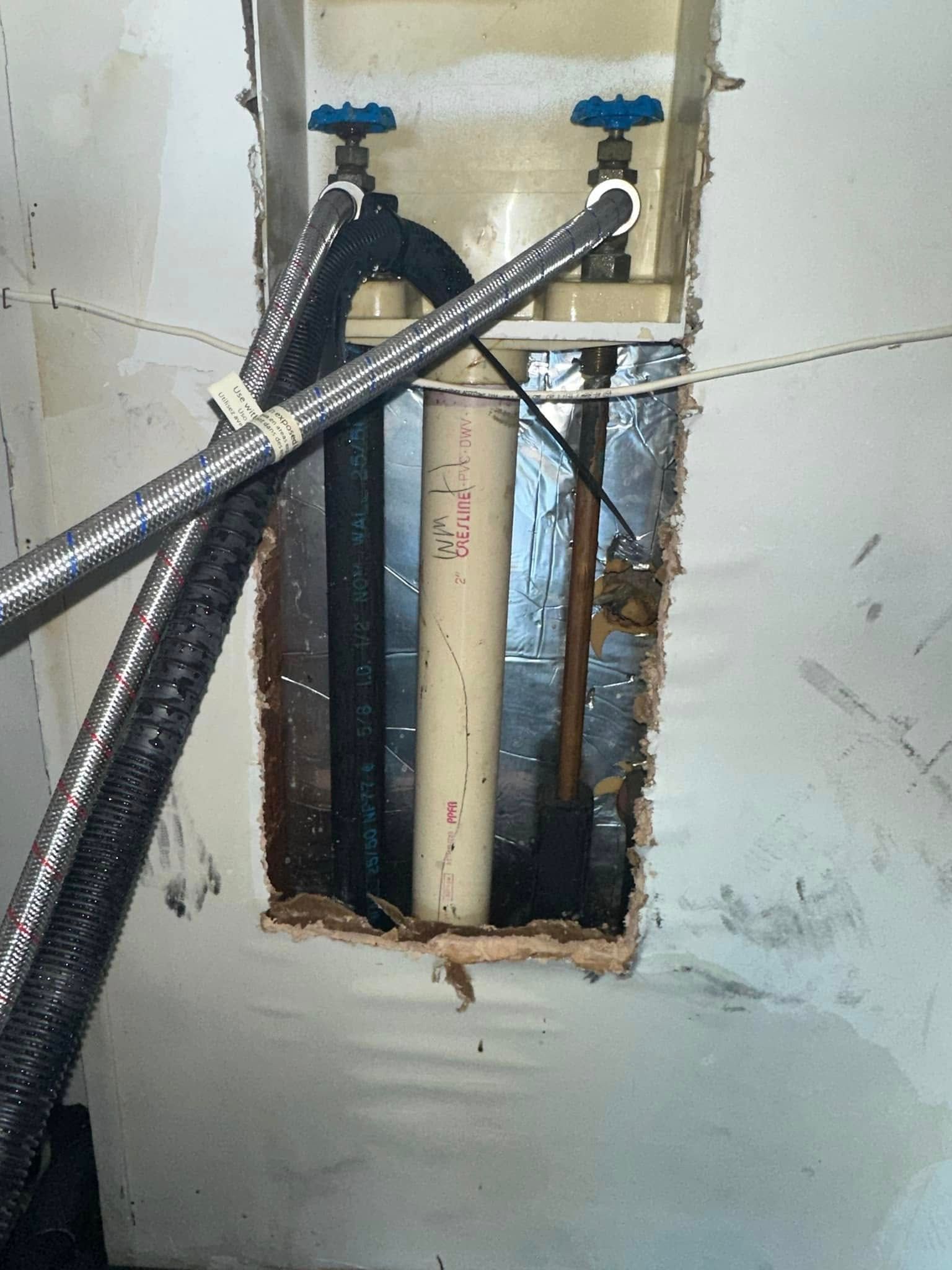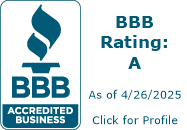Your Trusted Best Plumbing Company in Dallas-Fort Worth
Need reliable drain & plumbing services or expert water heater installation and repair? From leak detection to under slab sewer pipe replacement, Mainline Plumbing delivers top-quality solutions. Contact us today for expert service!
Mainline Plumbing serving your Plumbing needs in Dallas-Fort Worth!
What We Offer
From water heater repair & installation to under slab sewer pipe replacement, Mainline Plumbing provides expert plumbing installation services for homes and businesses. Whether you need leak detection or professional drain & plumbing services, our skilled team ensures quality workmanship and long-lasting results. Contact us today for top-tier water heater installation and repair solutions!
Your Trusted Plumbers in Dallas-Fort Worth
At Mainline Plumbing, we take pride in being the go-to plumbing service provider for Dallas-Fort Worth. With years of hands-on experience and a passion for excellence, our team is here to deliver dependable, high-quality plumbing solutions tailored to meet your specific needs.
See Our Work – Your Local Plumber Expert in Action
Browse our gallery to see the high-quality craftsmanship of our local plumber experts. From water heater repair & installation to under slab sewer pipe replacement, we take pride in delivering top-notch results. Whether it's leak detection, drain & plumbing services, or water heater installation and repair, our team ensures every job meets the highest standards. Contact us today to experience expert plumbing solutions firsthand!
Areas We Serve
- Addison
- Allen
- Arlington
- Bedford
- Benbrook
- Burleson
- Carrollton
- Colleyville
- Coppell
- Crowley
- Dallas
- Denton
- Euless
- Farmers Branch
- Flower Mound
- Fort Worth
- Frisco
- Garland
- Grand Prairie
- Grapevine
- Haslet
- Highland Park
- Hurst
- Irving
- Keller
- Lewisville
- Little Elm
- Mansfield
- McKinney
- Mesquite
- Plano
- Richardson
- Roanoke
- Saginaw
- Southlake
- The Colony
- Watauga
- Westlake


